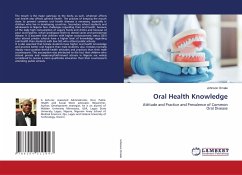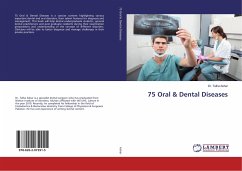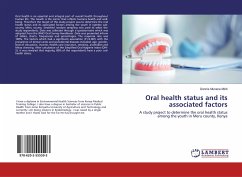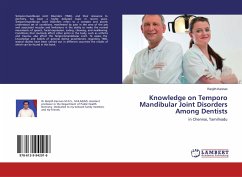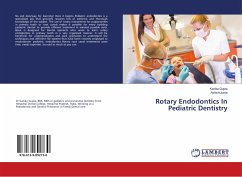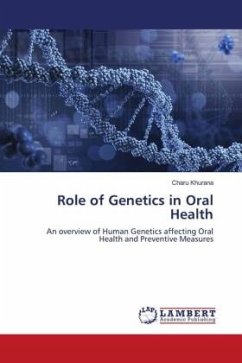The mouth is the major gateway to the body; as such, whatever affects oral health also affects general health. The practise of keeping the mouth clean to prevent common oral health diseases is necessary, especially in children who live in developing countries. Secondary school students and adolescents in Nigeria face challenges regarding their oral health, because of the daily high consumption of sugary foods and drinks and because of poor oral hygiene, which predispose them to dental caries and periodontal disease. It is assumed that children with higher socioeconomic status (SES) who attend private schools have a higher level of knowledge regarding oral health than students with low SES who attend public schools. It is also assumed that female students have higher oral health knowledge and practice better oral hygiene than male students; also, females normally display more positive dental health attitudes and practices than their male counterparts. This assumption was attributed to the fact that children who attend private and missionary/faith-based schools in Nigeria are widely considered to receive a more qualitative education than their counterparts attending public schools.
Bitte wählen Sie Ihr Anliegen aus.
Rechnungen
Retourenschein anfordern
Bestellstatus
Storno

